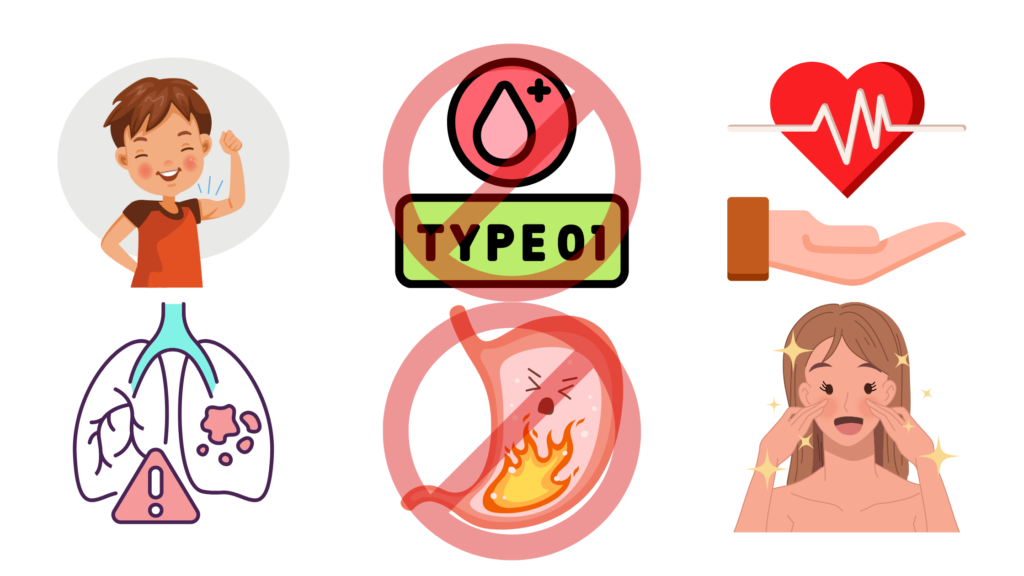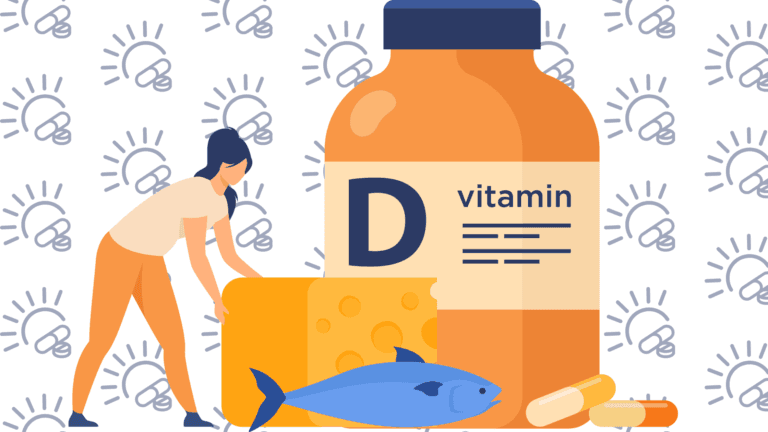
Berdi
urinary Track Health
As parents, we all want the best for our children, ensuring they grow up strong, healthy, and full of life. But, have you ever wondered if your child is getting enough Vitamin D? Imagine a vitamin so crucial for your child’s health that it’s nicknamed the “sunshine vitamin.” Vitamin D plays a vital role in a child’s development, from building strong bones to supporting a healthy immune system. But with our increasingly indoor lifestyles and meticulous sun protection, many children aren’t getting enough vitamin D. Let’s dive into the ten key benefits of proper Vitamin D dosage for children and why it’s a game-changer for their well-being.
Vitamin D, often referred to as the “sunshine vitamin,” is vital for numerous bodily functions, especially in growing children. Despite its importance, many kids don’t get the adequate Vitamin D children’s dose required for optimal health. This deficiency can lead to various health issues. Ensuring your child gets the proper Vitamin D dosage for children can significantly impact their growth and development.
Vitamin D is a fat-soluble vitamin that helps the body absorb calcium and phosphorus, which are crucial for building and maintaining strong bones. There are two main types of Vitamin D: D2 (ergocalciferol) and D3 (cholecalciferol). Vitamin D3 is produced in the skin in response to sunlight and is also found in animal-based foods, while Vitamin D2 comes from plant-based foods and fortified products.
According to the National Institutes of Health (NIH), children aged 1-13 require 600 International Units (IU) of vitamin D daily. This recommended daily allowance (RDA) ensures their bodies have enough vitamin D to perform its essential functions.
An adequate vitamin D dosage for children offers a multitude of advantages for your child’s growth and development. Here are ten key benefits:
One of the most well-known benefits of proper Vitamin D dosage for children is its role in bone and teeth health. Vitamin D helps the body absorb calcium, which is essential for developing strong bones and teeth. A deficiency can lead to rickets in children, a condition characterised by soft and weak bones.
A 2017 study published in the American Journal of Epidemiology found a significant association between low vitamin D levels and increased risk of fractures in children.
Vitamin D is crucial for a well-functioning immune system. It enhances the pathogen-fighting effects of monocytes and macrophages — white blood cells that are important parts of your immune defence — and decreases inflammation. Ensuring your child gets the right Vitamin D children’s dose can help them fight off infections and stay healthy. Research shows that children with adequate Vitamin D levels are less likely to develop respiratory infections than those with lower levels.
Emerging research suggests that Vitamin D plays a role in brain development and function. Vitamin D receptors are present in brain regions involved in learning and memory. Some studies suggest that sufficient vitamin D levels may be associated with improved cognitive function and academic performance in children. It supports the growth and survival of neurons and the synthesis of neurotrophic factors, which are crucial for brain health.
Vitamin D is vital not only for physical health but also for mental well-being. It has been linked to the regulation of mood and warding off depression. Ensuring the proper Vitamin D dosage for children can help maintain a positive mood and prevent mood disorders. Recent research suggests a potential link between vitamin D deficiency and mood disorders like depression in children and adolescents. Maintaining a healthy vitamin D level may contribute to improved mood and overall well-being.
Vitamin D is essential for muscle health, too. It helps in muscle contraction and overall muscle function, which is vital for children’s physical activity and growth. Vitamin D receptors are present in muscle tissue, suggesting a link between the vitamin and muscle function. Adequate vitamin D dosage for children can improve muscle strength and power in children, particularly those involved in sports activities.
Adequate Vitamin D intake during childhood may reduce the risk of developing type 1 diabetes. This autoimmune disease occurs when the immune system attacks insulin-producing cells in the pancreas.
Vitamin D is beneficial for cardiovascular health. It helps regulate blood pressure and maintain heart health, which is essential even from a young age. Research from 2021 indicates that children with inadequate Vitamin D levels have a higher risk of developing high blood pressure and cardiovascular issues in adulthood.
Proper Vitamin D dosage can improve respiratory health in children. It can reduce the incidence of asthma and other respiratory conditions. Children with higher Vitamin D levels have fewer asthma symptoms and better overall lung function.
Chronic inflammation can lead to various health problems, but Vitamin D has anti-inflammatory properties that can help reduce this risk. Children with adequate Vitamin D intake show lower levels of inflammation markers, suggesting a protective effect against inflammatory conditions.
Vitamin D also plays a role in skin health, helping to manage conditions like eczema and psoriasis. Ensuring your child gets the proper Vitamin D children’s dose can promote healthy, resilient skin.

Incorporating an adequate Vitamin D children’s dose into your child’s diet is essential for their growth and health. From strengthening bones and boosting the immune system to supporting brain development and reducing inflammation, the benefits are vast and well-documented.
Ensuring your child receives the right Vitamin D dose is crucial for their health and development. One way to guarantee this is by giving them a high-quality multivitamin for kids like Kid’s One Daily from Route2Health. This supplement is designed to provide all the essential nutrients your child needs, including the right dosage of Vitamin D for children, to support their overall health and well-being.
The recommended daily dosage of Vitamin D for children varies by age. The American Academy of Pediatrics suggests 400 IU for infants under one year and 600 IU for children over one year. It’s essential to consult with a healthcare provider for personalised recommendations.
While sunlight is a natural source of Vitamin D, factors like geographic location, skin pigmentation, and sunscreen use can limit its effectiveness. Most children need additional sources, such as fortified foods or supplements, to meet their daily Vitamin D requirements.
Common signs of Vitamin D deficiency in children include bone pain, muscle weakness, frequent illnesses, and delayed growth. In severe cases, it can lead to rickets, characterised by soft and weak bones.
Yes, excessive Vitamin D intake can lead to toxicity, causing symptoms like nausea, vomiting, weakness, and serious complications such as kidney damage. Always follow the recommended dosage and consult a healthcare provider before giving supplements.
To ensure your child gets enough Vitamin D, include fortified foods (like milk and cereals) in their diet, encourage safe sun exposure, and consider giving them a high-quality supplement such as Kid’s One Daily from Route2Health, especially during months with limited sunlight. Always consult a healthcare provider for guidance tailored to your child’s needs.











©2023 Route2Health®️
NTN: 2229383
AN ASSOCIATED COMPANY OF HIGHNOON LABORATORIES
STRN: 0301999937728

WhatsApp us
